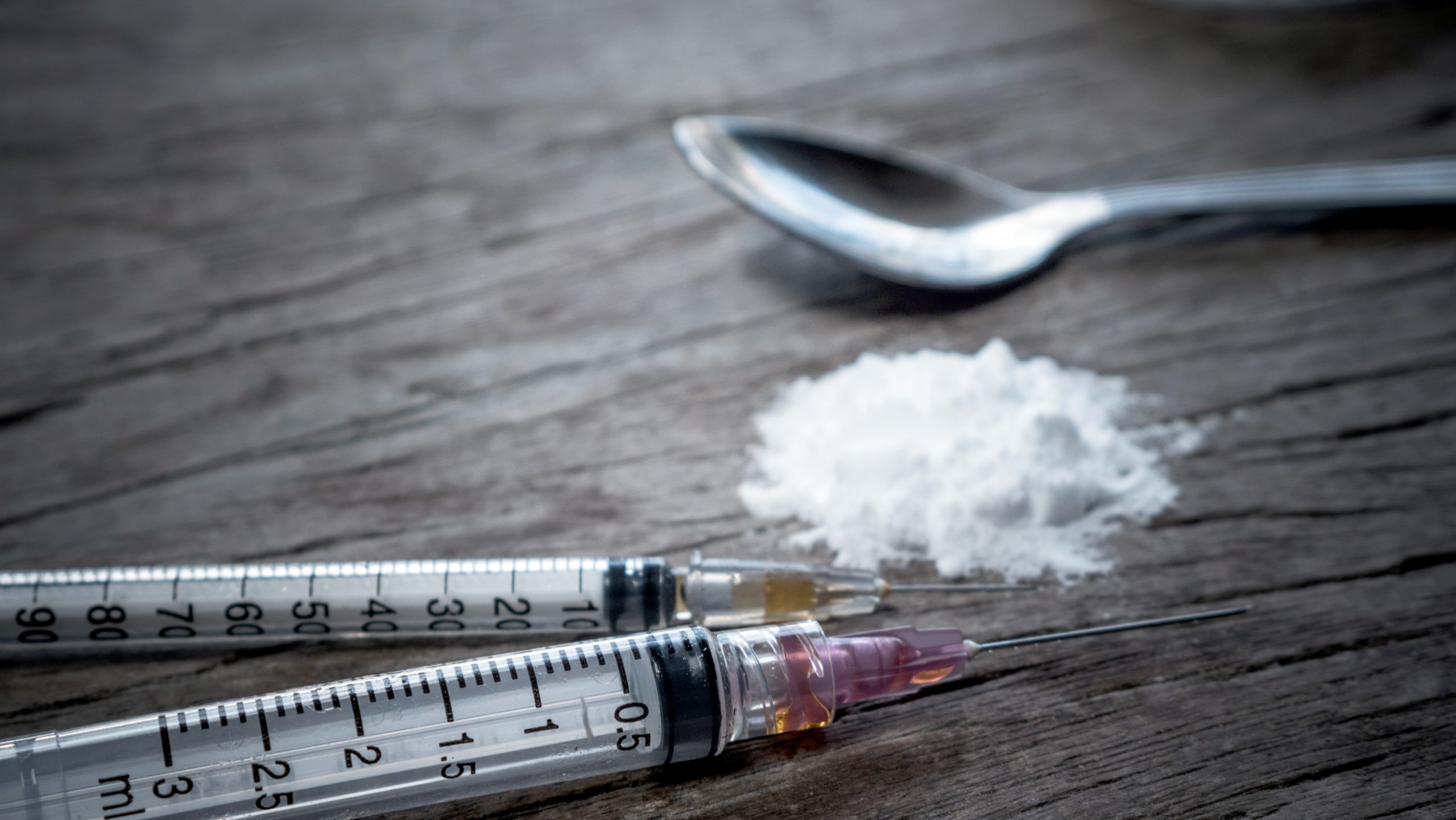If you have developed a heroin problem and are considering quitting, you deserve credit. Reaching this point means you have the wisdom to know that you have a problem- and that’s no small task. Maybe you have learned from the mistakes of others. Maybe you have hit rock bottom, or maybe someone in your life loves you enough to step in and say something. Whatever it is that’s brought you here, looking for answers- may this be the beginning of your journey to recovery.
How to Quit Heroin
To begin, it should be said that quitting heroin is never something that should be done alone. For those who have become physically dependent on the drug, quitting without help can be dangerous. If you are physically dependent on heroin, alcohol, or any opioid drug- professional medical detox services are often necessary to achieve a safe and effective recovery. That being said, there are ways to quit heroin- and you are not alone. Many people have faced the challenge of heroin addiction, and help is out there.
1. Quitting Cold Turkey
The importance of seeking professional detox services for those who are dependent on opiates cannot be overstated. However, if you are confident that you are healthy enough, and that your level of physical dependence is low enough- it is possible to go cold turkey– endure the withdrawals and successfully come off of the drug.
For some people, the challenge of overcoming withdrawals is appealing. For others, the pain barrier will simply be too much. Some degree of self-knowledge would be a great help here- otherwise, you risk enduring a day or two of painful withdrawals only to fail. This can lead to a sense of shame, which can deepen any addiction. In short- going cold turkey is not for everyone and there are significant risks.
2. Weaning off Slowly
Once again, we are talking about a method of quitting that is best suited to a certain personality type. Coming off slowly may be less painful, but the period of relapse risk is longer. With this method, it will be critical to obtain support and cut one’s self off from any use of triggers and drug connections.
During the weaning off period, you might consider going on vacation, staying away from social events- and binging on movies, television, video games, indulgent food, and so on. Research has shown that our capacity for resisting temptation is like a muscle. It can only perform so much work before it fails. So during a weaning off period, making heroin (and all harmful drugs) the only temptation you will avoid may be wise.
It will be important to set up rules for yourself that you intend to follow. Get others involved. Tell people you trust what you intend to do and ask them to check in on you periodically. Set a definite start date for yourself- after which you will begin using less.
Weaning one’s self off heroine comes with one major roadblock- if you do not have the supply you need at the start- you will have to obtain more during the weaning period which means not only breaking the law but also coming into contact with trigger people and scenarios. For these reasons, we cannot recommend weaning off of heroin outside of a professional replacement therapy regimen.
3. Abandon all Bridges to Drug Use
Regardless of the method, you use to quit, cutting all ties to use, both emotional and interpersonal, is critical. Much of the addiction process is psychological. That is not to say that there is not a physical reality to addiction- there is. But much of it has to do with emotional factors, perceptions, and habits. Bridges to use are not just drug connections- but people, events, places, music, or anything that triggers positive thoughts about using heroin.
Eliminating and avoiding any and all triggers must become a major part of any recovering addicts’ daily life.
4. Find a Safe and Secluded Place to Stay
Unless you intend to complete your recovery in a rehabilitation center, you will need a place to stay where former drug connections, friends-in-use, and other triggers are not a factor.
Your recovery location should have everything you need during your initial recovery. This includes food, entertainment, and ideally- the loving support of family or loved ones not connected to your addiction.
Seek Support & Professional Help
At the end of the day, beating a heroin addiction is not something anyone should try to do alone. Heroin is infamously addictive and dangerous.
If you or someone you love has developed an addiction to heroin, professional recovery services are the best prescription. At a detox and recovery center, recovering addicts can obtain distance from the people and locations that trigger use, access sympathetic support, and avail themselves of any necessary medical help.

